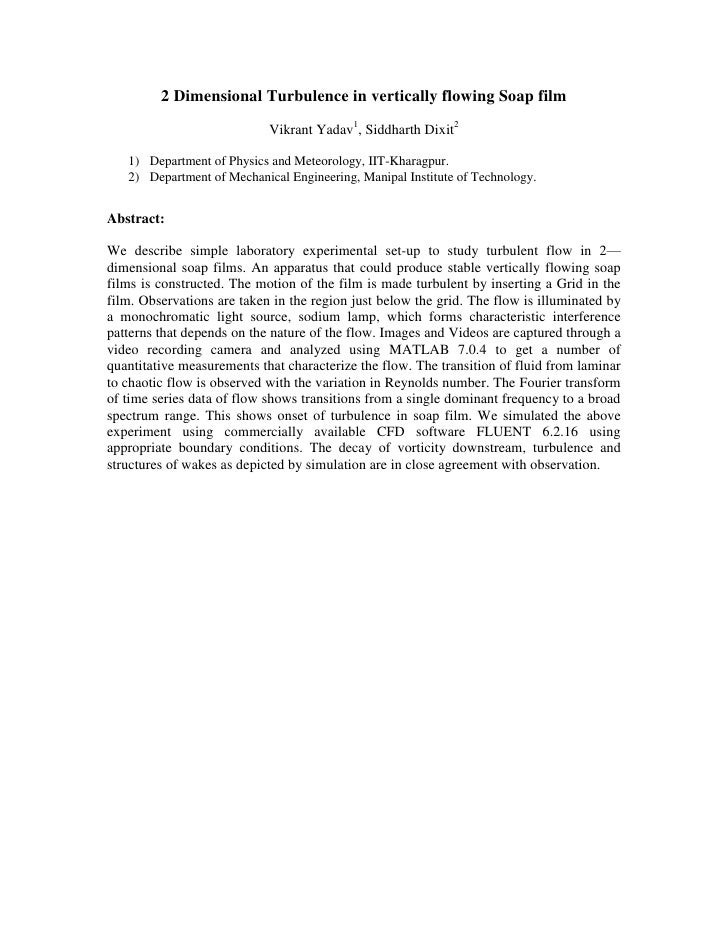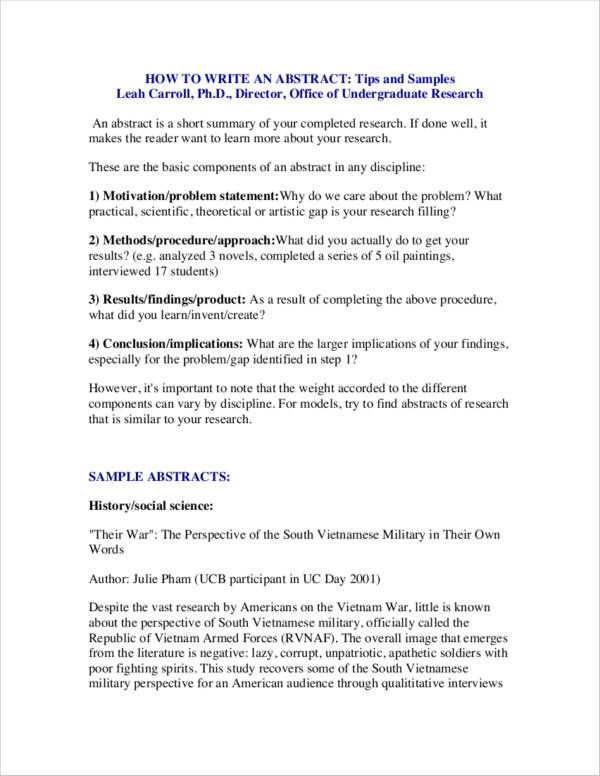More on Abstract keywords
An abstract is a short summary of your (published or unpublished) research paper, usually about a paragraph (c. sentences, words) long. A well-written abstract serves multiple purposes: an abstract lets readers get the gist or essence of your paper or article quickly, in order to decide whether to read the full paper; #1. Amount of information to process. Dissertation is far more complicated task than paper or essay, it requires dozens of books to be read, hundreds of articles to be studied, and of course, such flood of information can be difficult to process. #2. Wrong format of dissertation · Summarise your most significant findings or arguments. State your conclusion. An abstract is usually around – words, but there’s often a strict word limit, so make sure to check the requirements. Place the abstract on a separate page, after the title page and acknowledgements but before the table of contents

Post navigation
· For informative abstracts, it’s okay to “give away the ending.” In one or two sentences, summarize the results of your paper and the conclusive outcome. Remember that the goal of most abstracts is to inform, not entice, so mentioning your results here can help others better classify and categorize your paper #1. Amount of information to process. Dissertation is far more complicated task than paper or essay, it requires dozens of books to be read, hundreds of articles to be studied, and of course, such flood of information can be difficult to process. #2. Wrong format of dissertation · Summarise your most significant findings or arguments. State your conclusion. An abstract is usually around – words, but there’s often a strict word limit, so make sure to check the requirements. Place the abstract on a separate page, after the title page and acknowledgements but before the table of contents

Definition and Purpose of Abstracts
First, it's a proper format and structure. Your work should be logical. Second, it's a research itself. Work with information, deep analysis are important. Third, it's the originality. Using sourcing and literature, don't copy the thoughts and ideas, make your own conclusions out of them · Here is an abstract dissertation example to help you get started. Tip #4: Coverage and presentation Remember, an abstract is one single paragraph. There are no breaks in it. It continues as a single body. Furthermore, it is written in a separate page. No other chapter or sub-headings etc. come before or after the abstract on the same page An abstract is a short summary of your (published or unpublished) research paper, usually about a paragraph (c. sentences, words) long. A well-written abstract serves multiple purposes: an abstract lets readers get the gist or essence of your paper or article quickly, in order to decide whether to read the full paper;

Table of contents
· Here are some tips to help you write your abstract: Stick to the word limit. Abstracts are usually words long. Follow the specific formatting requirements for your abstract. Provide a statement of what the paper found rather than what it will ask or explore An abstract is a short summary of your (published or unpublished) research paper, usually about a paragraph (c. sentences, words) long. A well-written abstract serves multiple purposes: an abstract lets readers get the gist or essence of your paper or article quickly, in order to decide whether to read the full paper; #1. Amount of information to process. Dissertation is far more complicated task than paper or essay, it requires dozens of books to be read, hundreds of articles to be studied, and of course, such flood of information can be difficult to process. #2. Wrong format of dissertation

Abstract example
· Summarise your most significant findings or arguments. State your conclusion. An abstract is usually around – words, but there’s often a strict word limit, so make sure to check the requirements. Place the abstract on a separate page, after the title page and acknowledgements but before the table of contents First, it's a proper format and structure. Your work should be logical. Second, it's a research itself. Work with information, deep analysis are important. Third, it's the originality. Using sourcing and literature, don't copy the thoughts and ideas, make your own conclusions out of them · For informative abstracts, it’s okay to “give away the ending.” In one or two sentences, summarize the results of your paper and the conclusive outcome. Remember that the goal of most abstracts is to inform, not entice, so mentioning your results here can help others better classify and categorize your paper
No comments:
Post a Comment